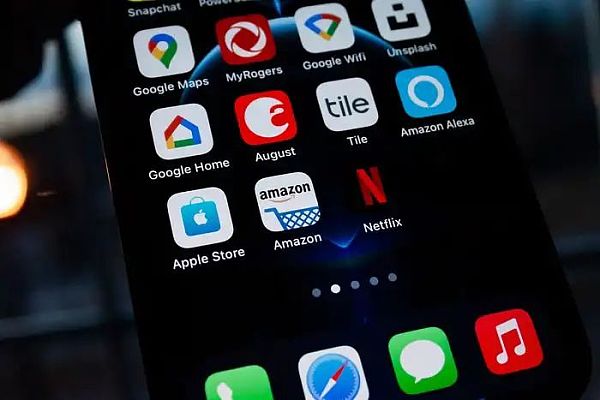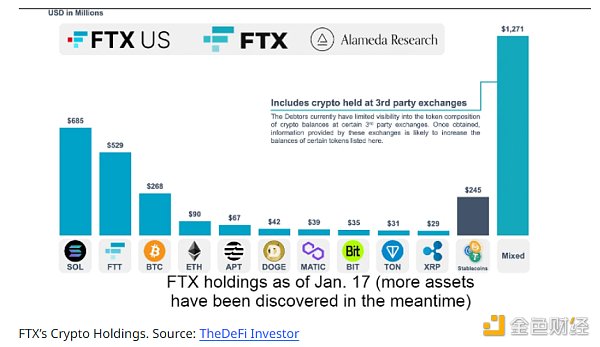Google Play Store announces new rules allowing games and apps to offer NFTs.
Google Play Store allows games and apps to offer NFTs.Exploring the contrasting policies and evolving landscape of Google Play and Apple App Store
With the rise of Non-Fungible Tokens (NFTs) and their integration with gaming experiences, the mobile gaming world is undergoing significant changes. The two major players in the mobile app market, Google Play and Apple App Store, have taken different approaches in regards to NFTs and crypto games. In this article, we will explore the policies of these platforms, their impact on game developers, and the evolving landscape of NFTs in mobile games.

In a recent blog post, Google Play announced updated policies that allow video game publishers to sell NFT games on their store. Google stated, “As part of this policy update, we require apps to be transparent about users’ tokenized digital assets.” This indicates that Google is willing to explore new ways of trading blockchain-based digital content in apps and games. Developers must disclose the presence of NFTs in their games and ensure transparent communication with users regarding tokenized assets. Google’s policy explicitly prohibits incentivizing potential revenue from in-game or merchandise sales activities, as well as loot boxes or gambling mechanisms.
- The Struggle between Ripple and SEC What Will Happen Next? Experts Evaluate Four Possible Outcomes.
- Blockchain Criminal Case 3.0 How to Reduce Illegal Gains? How to Deduct Reasonable Expenses?
- Zonff LianGuairtners The Logic behind Investing in EigenLayer
The door to blockchain games on Android has been opened
Google Play’s openness to NFTs and blockchain games brings significant opportunities for game developers on the Android platform. By allowing tokenized assets to enhance user experiences and supporting the reimagining of traditional games with user-owned content, Google Play aims to create an environment that cultivates user loyalty. The intention to collaborate with Web3 game leaders and understand the challenges and opportunities developers face highlights Google’s commitment to the ever-evolving landscape of blockchain games.
One of Google’s rules states, “NFTs purchased by users should be consumed or used within the game to enhance the user’s experience or help them progress in the game.” “NFTs must not be used for betting or staking in exchange for the chance to win real-world currency value prizes (including other NFTs).”
Apple’s stricter stance
Compared to Google Play, Apple App Store has traditionally imposed stricter limitations on NFTs and crypto games. While developers are allowed to incorporate NFTs into iOS games and apps, Apple still charges a standard 30% commission on transactions involving NFTs. This commission structure presents a challenge for developers who need to adjust NFT prices to cover Apple’s fees, potentially resulting in higher costs for users.
The differing policies of Google Play and Apple App Store reflect greater divergence in the mobile gaming industry regarding NFTs and crypto integration. While Google Play embraces the potential of NFTs and blockchain games, Apple maintains a more cautious stance, focusing on maintaining its commission structure and ensuring responsible usage. This divergence leads to different experiences for developers and users on the two platforms.
Google’s Approach
Google’s approach includes collaborating with select game developers to test and improve the user experience of blockchain games. Collaborations with industry participants such as Mythical Games and Reddit demonstrate Google’s commitment to creating a fair competitive environment to promote user trust and responsible use of blockchain technology. Through iterative development, Google aims to formulate policies that align with the evolving needs of developers and the mobile gaming community.
Leading the Future
As the landscape of mobile gaming continues to evolve, developers must carefully adhere to the policies and guidelines set by Google Play and the Apple App Store. The acceptance and integration of NFTs into games offer exciting possibilities, such as enhancing user experience and creating new revenue streams. However, developers must comply with platform-specific rules to ensure transparent communication, avoid gambling mechanics, and adhere to financial policies.
For players, these policy changes bring both benefits and potential drawbacks. With Google Play’s support for NFTs, Android users can expect a plethora of blockchain games that leverage tokenized assets. This can enhance engagement, personalized experiences, and unique rewards associated with NFT ownership. On the other hand, Apple’s stricter approach may limit iOS users’ access to NFT-based experiences and affordability.
The NFT market experienced a significant decline after reaching an all-time high in January 2022, with monthly sales plummeting by 83%, from a peak of $2.8 billion in January 2023 to only $492 million. In contrast, the blockchain industry as a whole has shown an upward growth trend, with a projected compound annual growth rate (CAGR) of 59.9% by 2030.
Google’s parent company, Alphabet, has been actively increasing investments in emerging technologies such as blockchain. According to data from the Blockchain Council, Alphabet and its subsidiaries invested approximately $8 billion in blockchain startups from Q1 2021 to Q2 2022, making it one of the most significant corporate investors in the industry.
We will continue to update Blocking; if you have any questions or suggestions, please contact us!
Was this article helpful?
93 out of 132 found this helpful
Related articles
- Clash of Perspectives Taking on-chain games as an example, is Optimistic Rollups more suitable for high throughput and low composability applications?
- Exploring the Decentralized Business Potential of XMTP from the Perspective of Coinbase Wallet’s New Features
- World Coin Hard to Talk About Fairness?
- Must-read in the evening | Understanding the ‘World Coin’ by OpenAI Founder in One Article
- Opinion Stack’s ability for generalized decentralization is worth paying more attention to, while the narrow decentralization between components such as L2 internal Sequencer and Verifier is more important.
- Worldcoin The Dystopian Nightmare of Cryptocurrency
- The Game of Trust Rollups Controlled by Multisig and Committees





